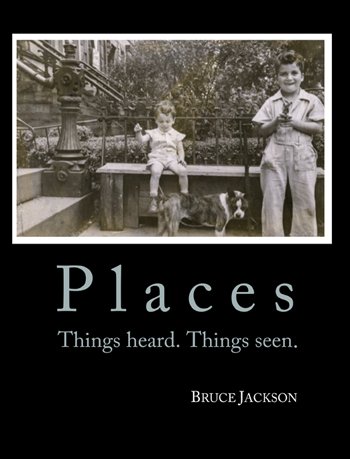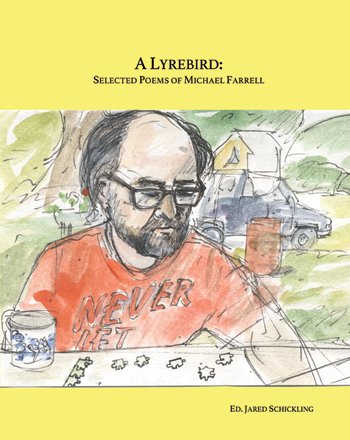The first return of a primary energy. This energy becomes second nature. Carried by the day into protection. Allow each day to name its own destiny. A blessing. A lesser speaking. An inner adjustment to reality. A vessel in which to heat and change matter. The rhythm of the moment. Continue with what is at hand.
—Whit Griffin
Lizard offers the poet and reader a simultaneous process of personal narration, a creation evolving thought the constant change of form, the reading and the writing in a balancing act of creation, and divination improvisation. Lizard an ever being written and, therefore, changing form of poetic prose thought the I Ching: A form of interpreted life is a meaningful form of poetry.
—Michael Basinski
Leaping Lizards look what’s happening now! American poet Thomas Meyer has translated the ancient I CHING. Throughout Meyer circulates wonder, patterns, landscapes, and the old adage know yourself. Read his references America, his vernacular. The ancient ideograms become Last Straw, Melting Pot, Easy Going. Body language tells us there are no remedies. Chance! Never claim change as its own, NO NEVER.
—Basil King
Thomas Meyer is living happily ever after in the Upper Eden Valley (Cumbria) some of the time, and the rest at the tail end of the Appalachians in North Carolina. Recent translations of his include the dao dejing (Tao Te Ching) (Flood Editions) and Beowulf(punctum). The Song Cave publishes his new book of poems Essay Stanzas.
Book Information:
· Paperback: 200 pages
· Binding: Perfect-Bound
· Publisher: BlazeVOX [books]
· ISBN: 978-1-60964-127-6





